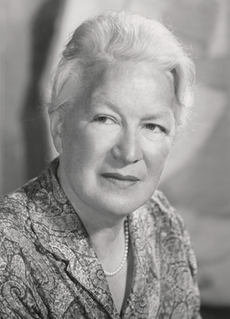A Quote by Daniel Defoe
He that opposes his own judgment against the consent of the times ought to be backed with unanswerable truths; and he that has truth on his side is a fool as well as a coward if he is afraid to own it because of other men's opinions.
Related Quotes
It's naive and even irresponsible for a grownup today to get her or his information about foreign policy and war and peace exclusively from the administration in power. It's essential to have other sources of information, to check those against one's own common sense, and to form your own judgment as to whether we ought to go to or persist in war.
Some of Kant's particular moral opinions, either because he shared the prejudices of his time, or because of his own personal crotchets, can strike sensible people as ridiculous or offensive. But in my view, his own theory provides us with the resources (the best resources available, I believe) to correct his own personal errors or cultural prejudices.
One cool judgment is worth a thousand hasty councils. The thing to do is to supply light and not heat. Ay any rate, if it is heat it ought to be white heat and not sputter, because sputtering heat is apt to spread the fire. There ought, if there is any heat at all, to be that warmth of the heart which makes every man thrust aside his own personal feeling, his own personal interest, and take thought of the welfare and benefit of others.
It is the will of God that we live not only as rational beings, but as "new men" regenerated by the Holy Spirit in Christ. It is His will that we reach out for our inheritance, that we answer His call to be His sons. We are born men without our consent, but the consent to be sons of God has to be elicited by our own free will.
That in all capital or criminal prosecutions a man bath a right to demand the cause and nature of his accusation, to be confronted with the accusers and witnesses, to call for evidence in his favor, and to a speedy trial by an impartial jury of twelve men of his vicinage, without whose unanimous consent he cannot be found guilty; nor can he be compelled to give evidence against himself; that no man be deprived of his liberty, except by the law of the land or the judgment of his peers.































